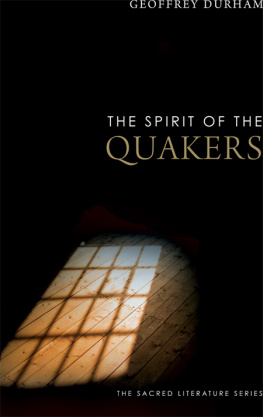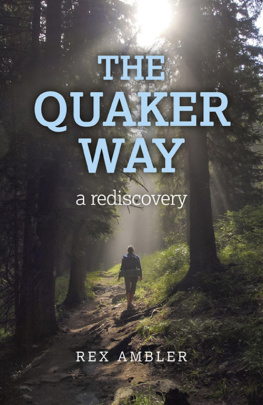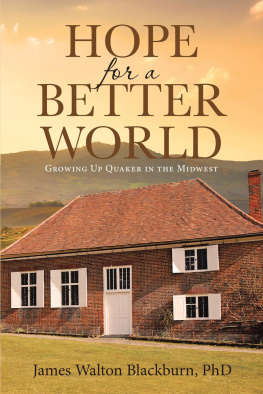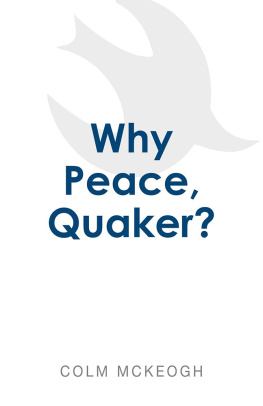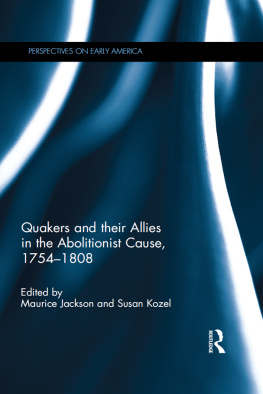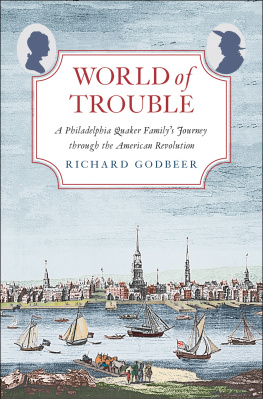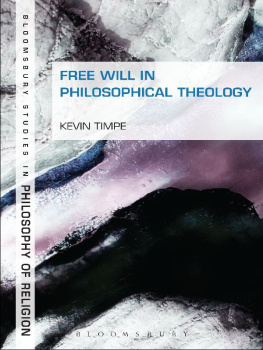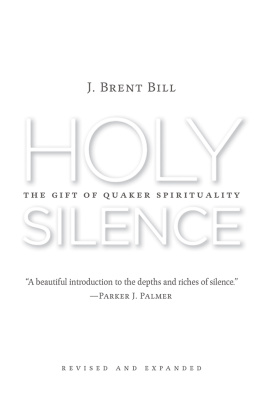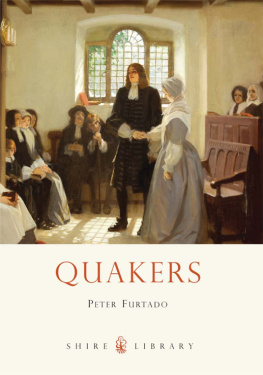What people are saying about
Telling the Truth about God
Rhiannon Grants book is wide-ranging, warm, wise, and witty. Its a wonderful introduction to the varieties and vagaries of Quaker theology such as they are (or arent).
J. Brent Bill, author of Holy Silence: The Gift of Quaker Spirituality and Life Lessons of a Bad Quaker
This is an admirably informed, clear-sighted and open-minded exploration of that knottiest of subjects: the Quaker view of God, the Divine, or whatever you call it.
Jennifer Kavanagh, author of The World is our Cloister
Suggesting a range of differing understandings has, over the last hundred years, become an accepted means for describing Quaker theology. One example of this is the varying words we use for God (or whatever you call it). Rhiannon uses her academic research and her wide experience of getting Friends talking, to produce a thoughtful commentary on the impact, difficulties and joys of this approach to doing theology as a community. It may seem that we end up saying very little, but that little has a unique kind of truthfulness.
Lesley Richards, clerk of the Book of Discipline Revision Preparation Group
I enjoyed this very much, and even found it unexpectedly moving. I love the accessible, conversational style, the commitment to seeing the issues from multiple perspectives, and the embrace of the messy reality of our feelings, conflicts and struggles in community.
Craig Barnett, author of Quaker Renewal
Quaker Quicks is a new series from Christian Alternative focusing upon aspects of Quaker faith and theology. Beginning with Quaker Roots and Branches the series will build into a valuable resource both for Quakers and those interested in this unique expression of belief, practice and theology. Watch out for upcoming titles on Quaker theology, faith and practice, and studies in social aspects such as economics and pacifism.
Current other titles
Quaker Roots and Branches - John Lampen
What do Quakers believe - Geoffrey Durham
First published by Christian Alternative Books, 2019
Christian Alternative Books is an imprint of John Hunt Publishing Ltd., No. 3 East St., Alresford, Hampshire SO24 9EE, UK
www.johnhuntpublishing.com
www.christian-alternative.com
For distributor details and how to order please visit the Ordering section on our website.
Text copyright: Rhiannon Grant 2018
ISBN: 978 1 78904 081 4
978 1 78904 082 1 (ebook)
Library of Congress Control Number: 2018938213
All rights reserved. Except for brief quotations in critical articles or reviews, no part of this book may be reproduced in any manner without prior written permission from the publishers.
The rights of Rhiannon Grant as author have been asserted in accordance with the Copyright, Designs and Patents Act 1988.
A CIP catalogue record for this book is available from the British Library.
Design: Stuart Davies
Printed and bound by CPI Group (UK) Ltd, Croydon, CR0 4YY, UK
US: Printed and bound by Edwards Brothers Malloy 15200 NBN Way #B, Blue Ridge Summit, PA 17214, USA
We operate a distinctive and ethical publishing philosophy in all areas of our business, from our global network of authors to production and worldwide distribution.
Dont think, but look! Ludwig Wittgenstein
For the Friend who told me how to dedicate my first book. It didnt turn out the way either of us expected, but you believed there would be one.
Acknowledgements
My heartfelt thanks to all those who have supported, engaged with, and sometimes endured my passion for talking about how Quakers talk about God. I owe particular thanks to all those who have participated in my Or Whatever You Call It workshops some anonymised insights from you appear directly in this book.
I would also like to thank Rachel Muers, whose contributions to this work have been immeasurable since before I began it; to Mikel Burley, without whom the original research wouldnt have been the same; to the University of Leeds, which funded the initial work; to Ben Pink Dandelion and Betty Hagglund of the Centre for Research in Quaker Studies, where the Gerald Hodgett Award enabled me to start taking this to a wider audience; and to Ben Wood and Janet Scott who have taught alongside me. I have also benefited greatly from the friendship of Alex Bell, Martel Reynolds, Stephanie Grant, Jim Grant, Peter Grant, and others who have discussed these and many other philosophical questions over the years.
Finally, I want to thank my Quaker communities: Watford Meeting, Beeston Meeting, Nottingham Quaker Quest Core Team, Carlton Hill Meeting (especially those who participated in my meeting for clearness), Quakers in Yorkshire, Bournville Meeting, Britain Yearly Meeting, and the Book of Discipline Revision Preparation Group.
Introduction for non-Quakers
Dear reader,
Thank you for opening this book. I hope that whatever your religious background or beliefs, reading this book will help you to think through what you know and dont know about God. Telling the truth, about God and other matters, should concern everyone. In the course of my own theological education I have learnt a great deal from religious traditions outside my own, and I would be very happy if this book was able in some small way to repay that.
Because this book draws heavily on conversations which have happened and are happening within the British Quaker community, I need to fill you in on some background by telling you some things about Quakers in general. If you are already familiar with Quaker history and practices, you may be able to skip this section and get on with the rest of the book.
A few things first about how Quakers worship. We can worship anywhere, but typically get together in a meeting house, community centre, someones living room, or a protest site. We can worship at any time, but typically meet on Sunday mornings, a weekday evening or lunchtime, or whenever international arms deals are going down. We dont have any rituals, but we begin worship when the first person sits down and continue until some designated people shake hands at the end. We dont ordain anyone, but we do ask people to take on specific responsibilities in the community for a limited period of time. In the liberal Quaker tradition, the worship is made up of silent waiting and listening until someone is moved to speak. Theres no plan. Usually there are a few words; sometimes someone sings a song; very occasionally, someone is led to be a bit more dramatic.
Worldwide, liberal or unprogrammed Quakers silent worship, no paid pastors are in the minority. If youre looking for them, the United States of America and Europe are the main places, although a few can be found almost everywhere in the world. On the other hand, programmed meetings, often called Friends Churches, are common in the United States of America and some other places, especially Bolivia and Kenya. A programmed meeting typically includes biblical readings, hymns, and a talk. In this book, when I say Quakers, I am talking about liberal Quakers. This is because my research about Quakers and my experience of Quakers are all focussed on British Quakers, or to give us our formal name, the Religious Society of Friends (Quakers) in Britain. Among ourselves, we use also use the word


